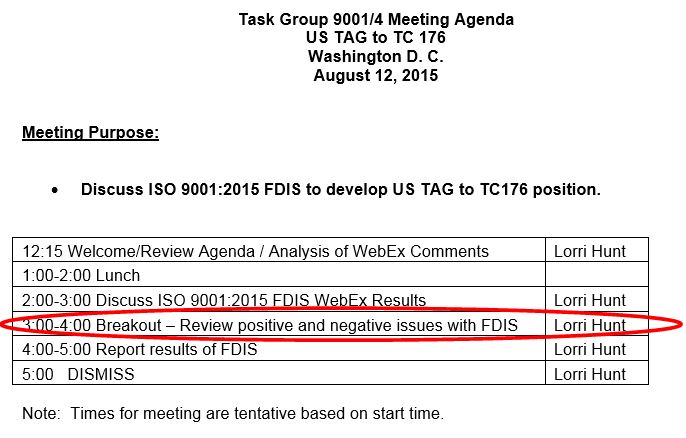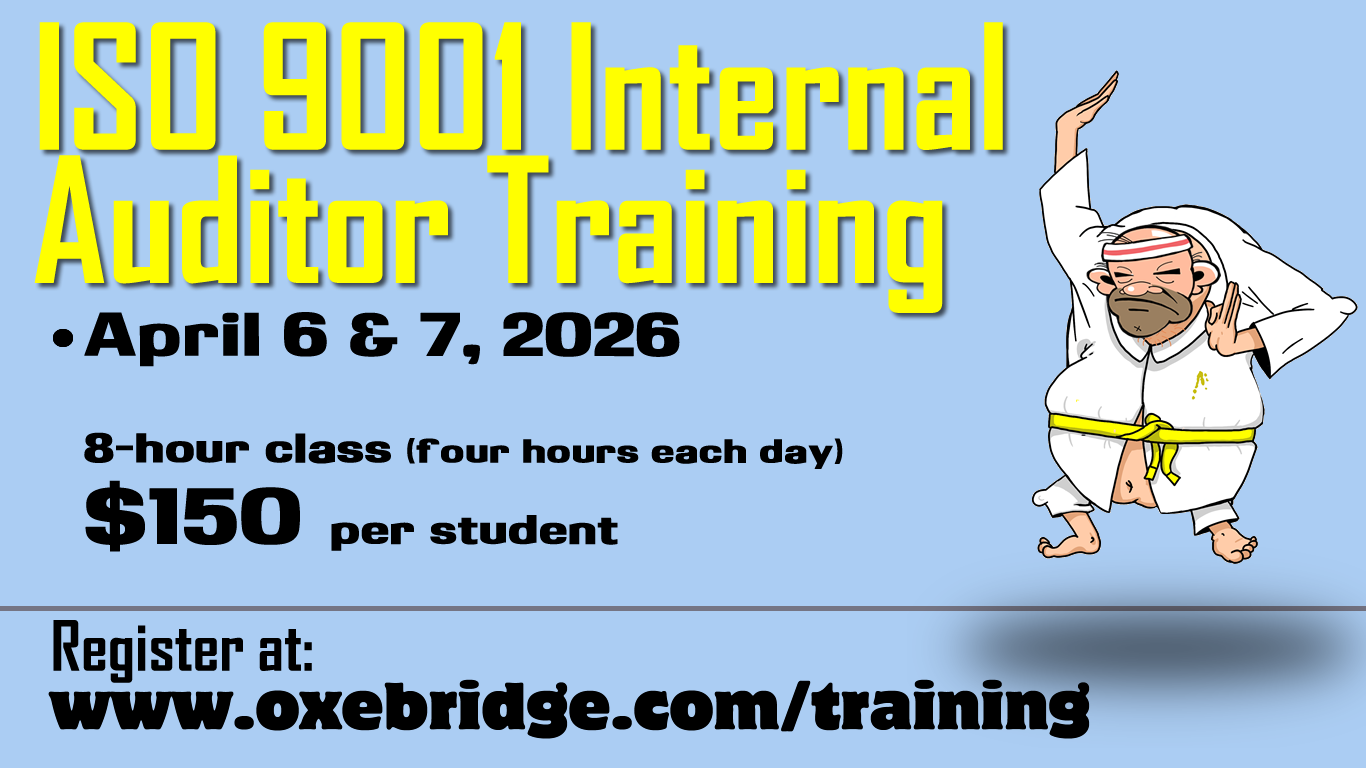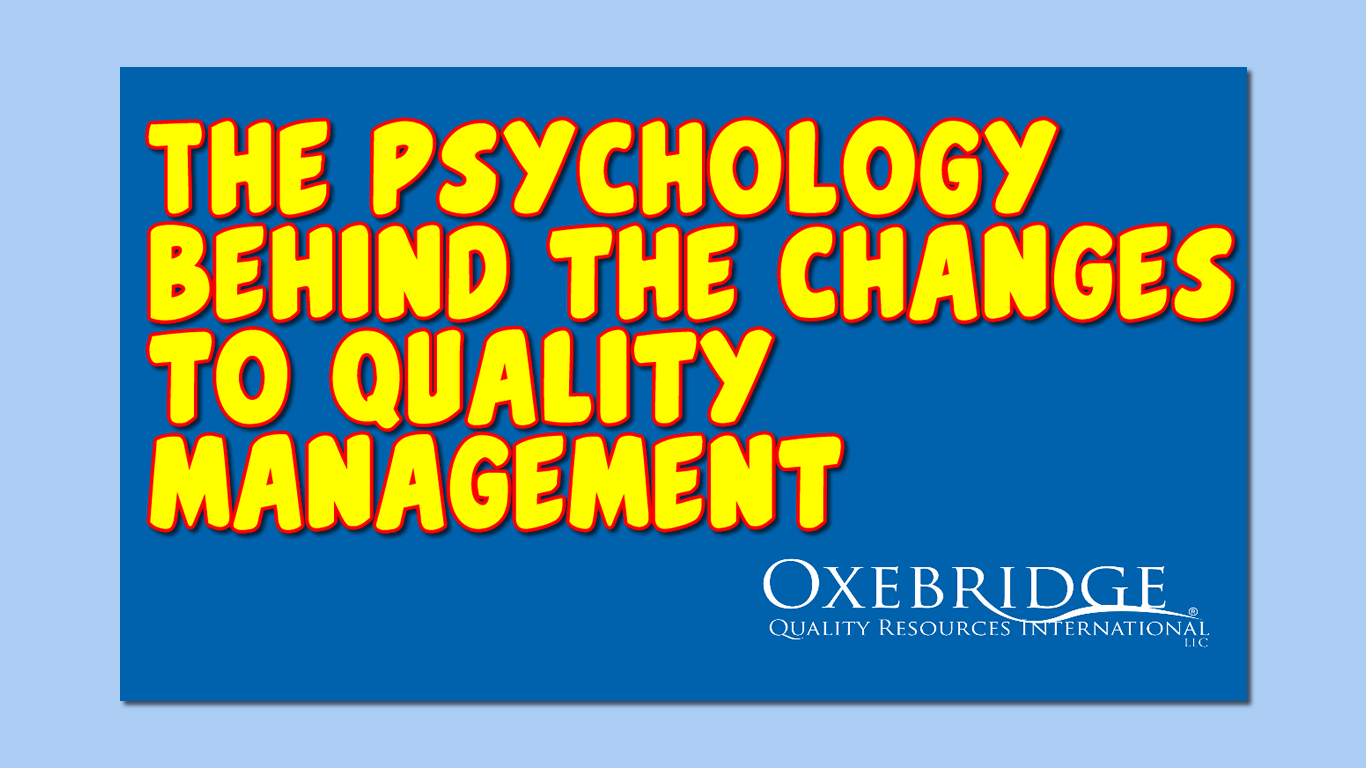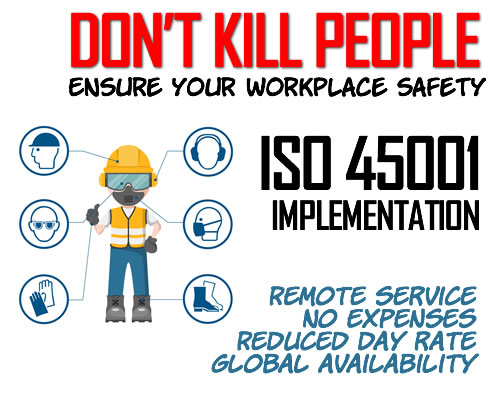A meeting agenda of an August 2015 US TAG 176 meeting chaired by Lorri Hunt shows the group spent as much time eating lunch as they did conducting official review of US comments on the FDIS of ISO 9001.
The agenda for a Washington DC meeting of the US TAG 176’s Task Group for 9001 shows the FDIS review meeting began at 12:15 PM and then broke for an hourlong lunch only 45 minutes later.

The agenda then shows the group spent an hour discussing “FDIS WebEx Results” which, sources tell Oxebridge, was an exercise in collecting FDIS comments already received by the group from three previous meetings in July and August. Those meetings were highly restricted, as revealed in a separate Hunt presentation which claimed “US TAG members were allowed to chat technical concerns [but] topics were not debated.”
The group then spent only an hour “reviewing” the issues. That review period would have been the most critical, as it was when the TAG would determine which comments would impact on official TAG positions, but the review was only given an hour of the committee’s time. Instead, it appears the topics were merely collated into an Excel spreadsheet which analyzed the clauses to which they were assigned.
The final hour was a report given by Ms. Hunt, which included a lengthy reminder of TAG code of conduct rules and a menacing reminder not to share TAG “information,” something not upheld by any ANSI rule known to Oxebridge. Ironically, the presentation included a reminder for the TAG to “uphold the key principles of International Standardization: consensus, transparency, openness, impartiality, effectiveness, relevance, coherence and the development dimension.” The meeting would appear to have been a violation of at least a few of those key ISO principles.
The US TAG 176 would go on to vote to approve the FDIS 9001, against growing stakeholder criticism of both the standard and the TAG’s development activities.
Christopher Paris is the founder and VP Operations of Oxebridge. He has over 35 years’ experience implementing ISO 9001 and AS9100 systems, and helps establish certification and accreditation bodies with the ISO 17000 series. He is a vocal advocate for the development and use of standards from the point of view of actual users. He is the writer and artist of THE AUDITOR comic strip, and is currently writing the DR. CUBA pulp novel series. Visit www.drcuba.world








